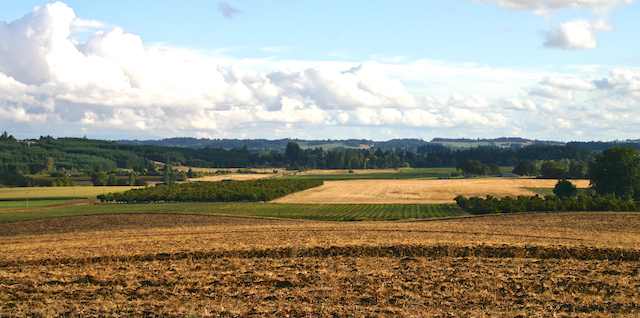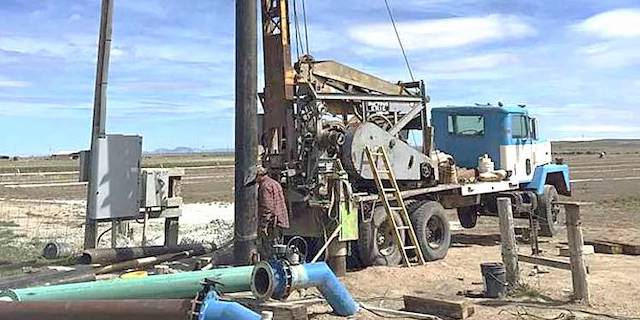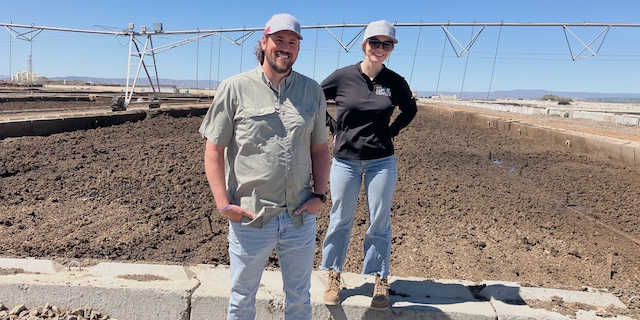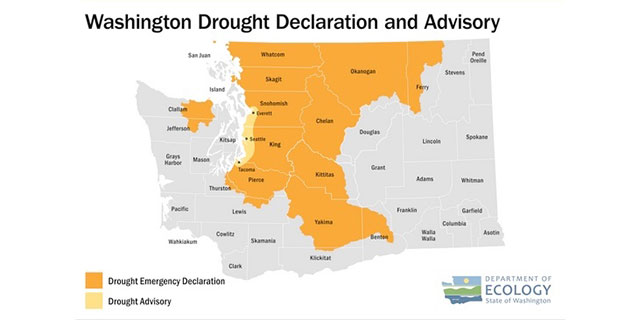Training Latino farmers in sustainable ag
Published 11:00 am Friday, January 24, 2020
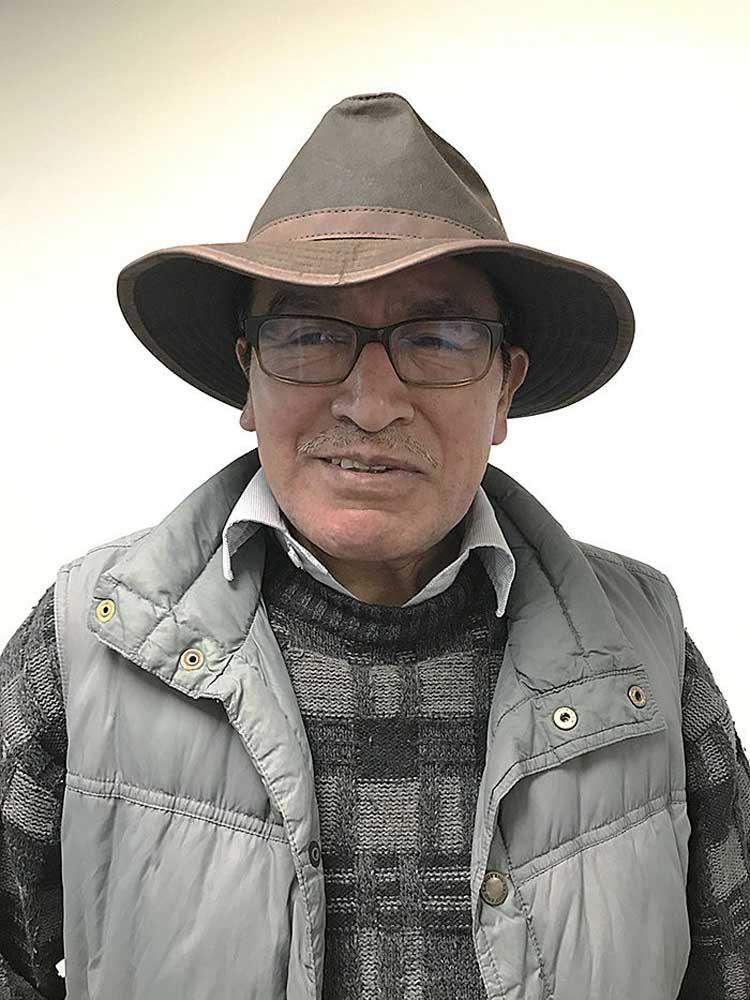
- Alejandro Tecum
FOREST GROVE, Ore. — Growing up on his family’s 2-acre farm in Guatemala, Alejandro Tecum came to despise the arduous chore of hand-tilling fields to plant crops such as corn, beans and squash.
Though he didn’t know it at the time, Tecum said he was also hurting the soil by robbing it of nutrients and organic matter needed to grow healthy food.
“We have destroyed the soil to an extreme that what we eat, it doesn’t contain nutrition anymore,” Tecum said during a recent interview from his office in Forest Grove, Ore., west of Portland. “We have killed all the life in the soil that provides the nutrients to the vegetable, for example.”
Tecum, 59, now teaches regenerative farming practices for Adelante Mujeres, a nonprofit organization that supports Latina women and their families through adult education and youth outreach programs.
Last year, Adelante Mujeres received a $400,000 grant to expand its sustainable agriculture program, working with five other groups in Western Oregon to help minority farmers start their own businesses, while learning to care for the land.
The project includes Rogue Farm Corps based in Ashland; Huerto de la Familia in Eugene; The Next Door in Hood River; Our Table Cooperative in Sherwood; and Zenger Farms in Portland.
A teacher by profession, Tecum was hired as the sustainable agriculture education manager for Adelante Mujeres in 2005. He has embraced regenerative farming, which he says goes beyond organic, and sworn off the conventional growing practices and chemicals he once used nonchalantly.
“It is the care we give to the soil,” Tecum said. “We feed the soil with every single organic matter that we can find.”
The 12-week course, taught entirely in Spanish, covers soil biology, pest management, disease management, composting and irrigation. That includes several hands-on workshops at the local Forest Grove Community Gardens.
“I have seen many changes in the participants,” Tecum said. “The best reward for me is when I go to their garden, their farms, and I see they are putting into practice the techniques that we are teaching them. When I see the soil becoming richer every year, or when they say, ‘Oh, I cannot eat vegetables from the store now, because of the flavor,’ that’s the kind of compliments I get.”
The real challenge, Tecum said, is convincing people to join the program. Most of the Latinos that come to Adelante Mujeres are trying to get away from farming — either they have already spent years working as a farm laborer, or because farming it is seen as a second-class job.
“I tell them that agriculture or farming is a science, and an art,” Tecum said. “I tell them that, if you come to the class, you may change your mind. And they do.”
The USDA grant will help them to reach even more Latino and Hispanic farmers by partnering with other nonprofits, forming the Western Oregon Sustainable Agriculture Collaborative, Tecum said.
According to the latest USDA Census of Agriculture, Latino or Hispanic producers owned land on 1,666 Oregon farms and rented or leased land on 345 farms in 2017, accounting for about 5% of all farms statewide. That is roughly double the number from five years earlier, when Latino or Hispanic producers owned land on 803 farms and leased land on 186 farms.
Washington County has the highest percentage of Latinos in Oregon, rising from 50,000 in 2000 to almost 90,000 in 2014. Adelante Mujeres originally began as a program under Centro Cultural de Washington County, Oregon’s oldest Latino nonprofit, before spinning off as its own group in 2002.
The sustainable agriculture program started in 2005, in conjunction with Adelante Mujeres relaunching the Forest Grove Farmers Market.
From providing jobs to introducing healthier eating habits, Tecum said the program has proven invaluable to the community.
“I think it is necessary, if we want to live a good life, to eat healthy food,” Tecum said. “The only way to eat healthy food is to take care of the soil.”



